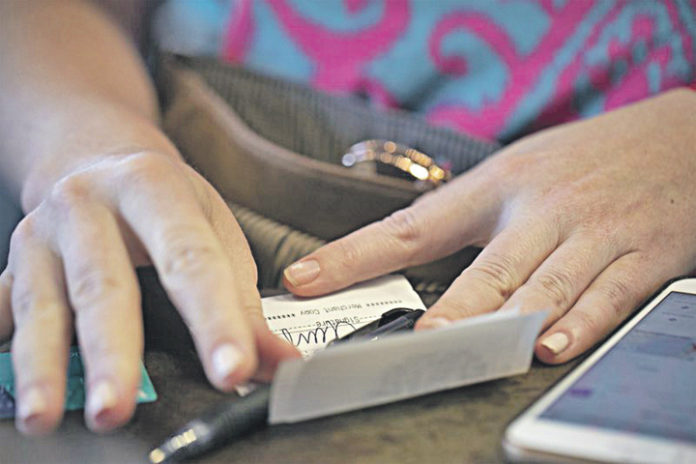Nearly 70 percent of millennial women have experienced financial abuse by a romantic partner. Let that sink in for a second.
That means, for every 10 women you know in that age group, odds are that seven of them have had a partner use money to control or manipulate them, according to a 2017 survey of 2,000 people ages 18 to 35 by CentSai, a financial wellness web site.
Sadly, it’s not surprising given that 1 in 4 women will experience intimate partner violence in their lifetime—often for the first time before they are 25 years old, according to the Centers for Disease Control and Prevention. And financial abuse is present in nearly all domestic abuse cases.
But financial abuse can and does occur absent of any physical violence. And it isn’t strictly a millennial problem, nor is it something that happens exclusively to women. Almost 50 percent of men in the survey by CentSai said they experienced some form of financial abuse.
Recognizing financial abuse
Financial abuse can run the gamut from subtle to egregious.
It might look like a partner who can’t keep a job or pay their share of the bills. Or one who makes you feel guilty for spending your own money. But it could also be a partner who offers to handle the household finances, then gradually restricts your access to those accounts.
- Some other common forms of financial abuse:
- They open credit cards in your name without your knowledge.
- They default on accounts in your name, ruining your credit.
- They make you take out loans or borrow from your family, but don’t pay it back.
- They hide money from you.
- They refuse to let you work or try to sabotage your career.
If you feel like you’re being taken advantage of financially, bring it up with your partner. How they react will tell you a lot. Do they get angry? Do they shift the blame to you? Do they make you feel guilty for questioning them? Or do they apologize and take meaningful steps to remedy the situation?
“A good sign is if you feel like you can have that conversation and your partner is receptive to it,” says Katie Hood, CEO of the One Love Foundation, a nonprofit that teaches young people how to identify and avoid abusive relationships.
But if you’re avoiding these types of conversations out of fear for how your partner could react, that might be a warning sign. “When someone is in an abusive relationship, they basically start managing their life around another person’s anger and volatility,” Hood says.




